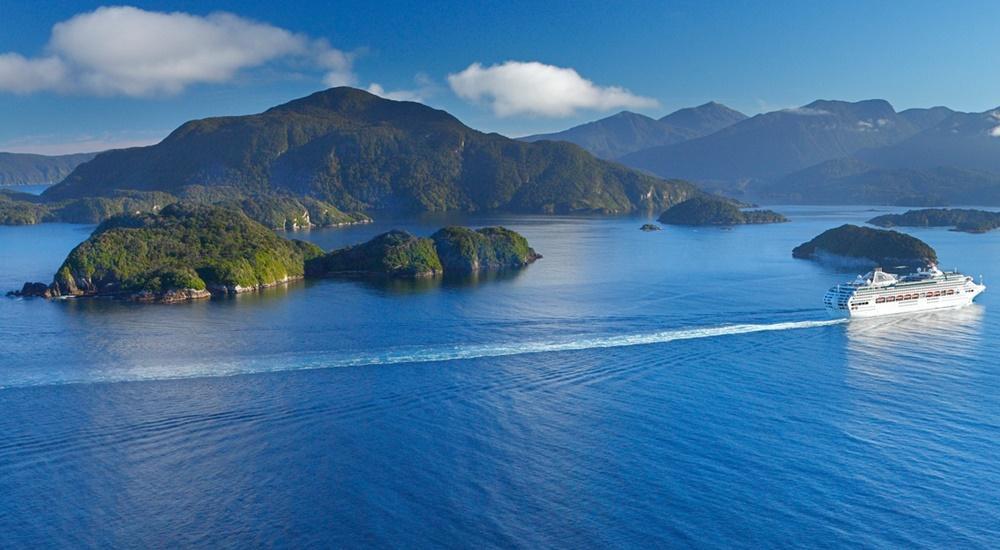Cruise industry executives met with New Zealand authorities after 2 more cruise ships were denied entry to ports in what the media is dubbing “dirty hull syndrome.”
The biofouling issue emerged in December 2022 just as Australia and New Zealand moved into their summer high season in the first year international ships have been permitted to return since the onset of the COVID crisis in 2020.
Over the weekend, Cunard’s Queen Elizabeth became the 4th cruise ship told by Biosecurity New Zealand it would have to clean its hull of potential biohazards prior to being permitted into some of the most sensitive areas of the country.
The cruise ships are denied entry to Fiordland National Park, Milford Sound, and the ports along the South Island in case they are judged not to meet the biofouling standards of New Zealand.
The liners, including Viking Orion at New Year, Regent's Seven Seas Explorer last week, and now Queen Elizabeth were given restricted temporary access to commercial ports while being instructed to arrange for hull cleaning by approved vendors prior to returning to New Zealand.
According to Biosecurity New Zealand environmental health manager Paul Hallett, the country had not changed its requirements but was increasing enforcement to reduce the entry of pests into their waters. The agency reports that 90% of marine pests enter on the hull of ships. Over the past 2 years, only 6% of ships arriving in the country were issued a notice directing them to address biofouling.
The country is monitoring for high-risk organisms like oysters, mussels, foliose algae, hydroids, sponges, tunicates, starfish, and crabs, attached to the hull of arriving ships. The vessels have to submit reports to Biosecurity New Zealand.
Cunard's Queen Elizabeth is skipping 2 ports on the current itinerary with the scenic cruising, which most of the ~2,000 passengers aboard considered the trip's highlights. However, the ship will still dock in the Bay of Islands, Wellington, Lyttelton, and Tauranga, but will not pass through Fiordland/stop in Dunedin.
In June 2022, Australia introduced similar biofouling standards.
While speaking to the NZ media, a spokesperson for Cunard called the standard "the strictest in the world."
"Cruise operators along with the broader shipping industry are adapting to the standard, with a wide variety of commercial ships also requiring additional cleaning to meet the requirements in 2022/23."
Last week, the 55,250 GT Seven Seas Explorer submitted pre-arrival documentation to NZ. According to Hallett, the ship had not met their biofouling standards "because of higher than allowed levels of algae, barnacles, tube worms, and potential oysters present."
The ship was reportedly deferring her arrival into NZ waters to complete the required hull cleaning. The voyage was skipping ports while sailing towards Adelaide (Australia) because the line said it was unable to find a vendor to do the work in the country.
Also in December, Viking Orion remained at sea for 8 days after being denied entry into ports both in Australia and New Zealand due to what the line described as “a limited amount of marine growth.”
Earlier in December, Princess Cruises’ Coral Princess ship was also denied entry into Milford Sound because of reports of snails on her hull.

Both Biosecurity NZ and the cruise industry said they were working together in order to reduce the last-minute issues that caused the 4 cruises to miss ports and upset guests.